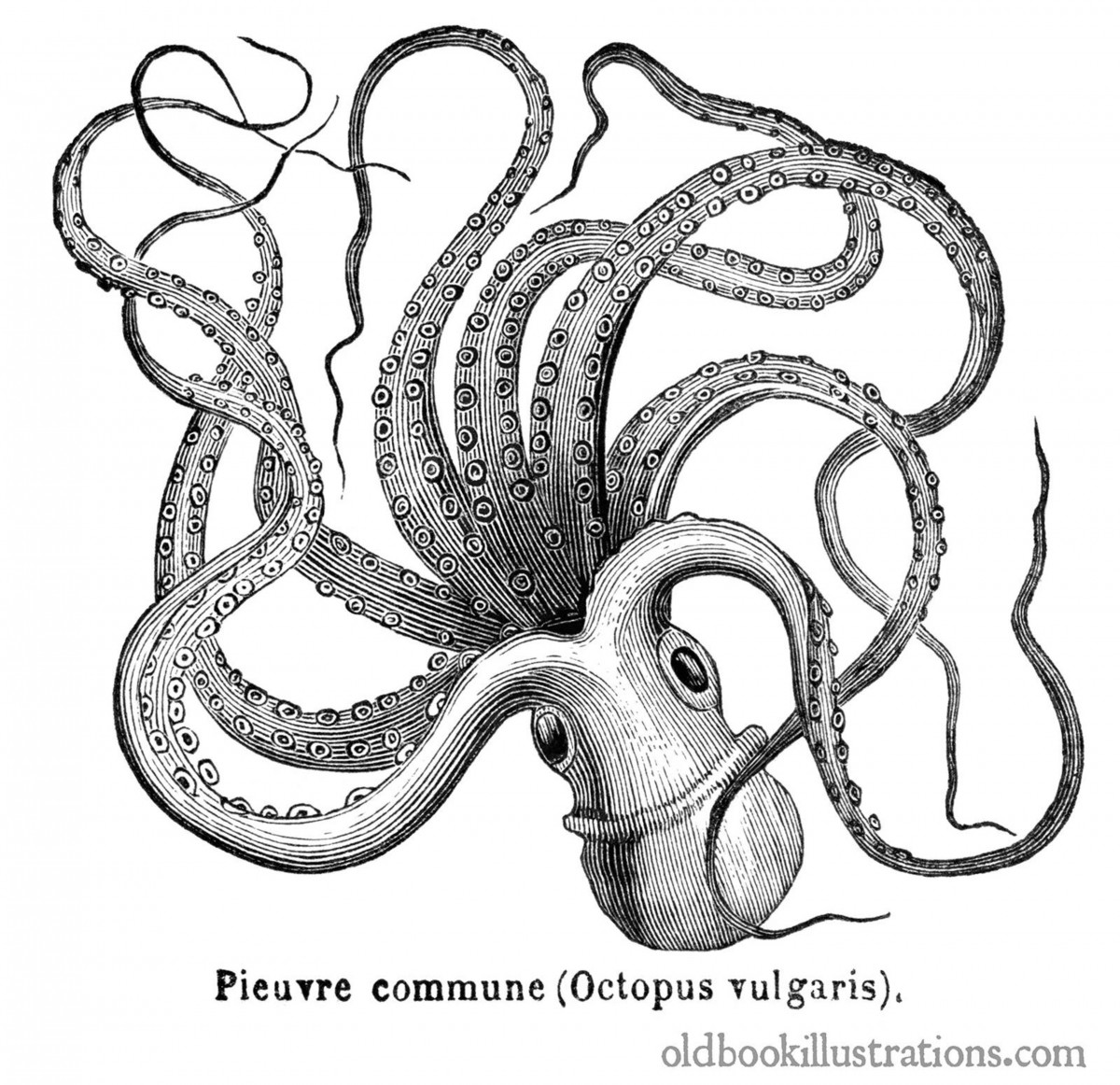
Now, I respect the octopus. It can fit through any hole that is large enough to admit its beak. It’s intelligent enough to know when it’s in trouble and escape. Two-thirds of its total neurons are IN ITS ARMS. And now, thanks to researchers affiliated with Johns Hopkins University, word has come through that the humble Octopus bimaculoides knows how to party.
Specifically, in an experiment, seven representatives of the famously loner species were made more social by exposure to MDMA (the recreational drug that the kids these days are calling “molly”.) This experiment has shown that the system governing human social behaviour — that which controls the serotonin molecule — works similarly in the octopus, despite the massive differences in how our nervous systems are constructed.
The cephalopod subjects exhibited similar behaviours to club kids having a great night out.
“After hanging out in a bath containing ecstasy, the animals moved to a chamber with three rooms to pick from: a central room, one containing a male octopus and another containing a toy. This is a setup frequently used in mice studies. Before MDMA, the octopuses avoided the male octopus. But after the MDMA bath, they spent more time with the other octopus, according to the study published in Current Biology. They also touched the other octopus in what seemed to be an exploratory, rather than aggressive, manner.”
Further study is needed: in particular, the researchers would like to expand the sample size, and see what happens if they block the serotonin transmitter before administering the MDMA. But until then, this research showcases the staggering fact that humans and octopuses, despite 500 million years of divergent evolution, have a deep-set commonality. All this proves to me that octopuses (link: http://grammarist.com/usage/octopi-octopuses/) are the next in line for alpha species!